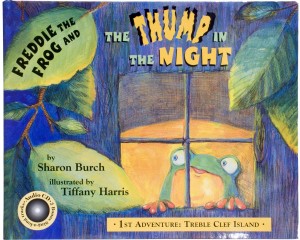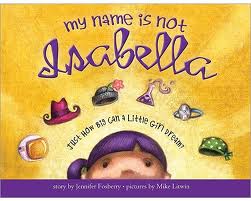 Since Jonathon’s twin brother, Telly, had an accident and died, Jonathon can’t seem to function well. Once a rising star poet, now he’s in danger of failing 11th grade and finds himself contemplating suicide. But Jonathon’s friends—a group he calls his thicks—his teachers, and his school principal all believe in him. Together they help him learn to function without his twin for reflection and find his own reasons to continue living.
Since Jonathon’s twin brother, Telly, had an accident and died, Jonathon can’t seem to function well. Once a rising star poet, now he’s in danger of failing 11th grade and finds himself contemplating suicide. But Jonathon’s friends—a group he calls his thicks—his teachers, and his school principal all believe in him. Together they help him learn to function without his twin for reflection and find his own reasons to continue living.
Adios, Nirvana by Conrad Wesselhoeft is sometimes raw and manic, which is the way Jonathon feels much of the time. His parents are divorced, his dad was not involved in raising him, and his mom isn’t exactly the maternal type. He goes on manic benders, popping No Doz and drinking Red Bull to help him stay up for days at a time. It helps him stay numb to everything around him, and you can feel him slowly unraveling.
There’s a lot to talk about in this thoughtful novel, including the bond between twins, coping with the loss of a family member, and comparing yourself and your talents to those of siblings. One of Jonathon’s assignments takes him into a local hospice, where he must help a dying World War II veteran tell his story. Groups can talk about hospice care, being around the terminally ill, and sharing your memories.
Despite its dark premise, Adios, Nirvana is thoughtful and hopeful. I recommend it for mother-daughter book clubs with girls aged 16 and up.








